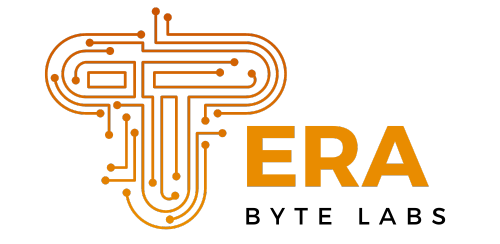The Illusion of Progress
Every year, companies present new gadgets and platforms with dramatic announcements. Shiny devices promise faster speeds, smarter tools, and better lives. But beneath this spectacle lies an old truth: technology is never neutral. It reflects power, and power today rests with corporations whose priority is profit, not people. When the language of innovation hides mass exploitation, we must ask: progress for whom?
Data as a Commodity
Our movements, conversations, and desires are harvested as raw material. Every app, every site, every click generates value—but not for us. Data is packaged and sold to advertisers, governments, and third-party brokers. The rhetoric of personalization disguises surveillance. What we get in return is convenience, while they build vast empires of control. It is less about technology serving humans and more about humans serving algorithms.
The Workers Behind the Screens
Automation is a myth often used to hide exploitation. For every so-called smart system, workers somewhere label data, check content, or assemble devices under punishing conditions. These laborers are hidden, often in the Global South, with low wages and no recognition. Technology does not erase work; it fragments and obscures it, making it harder to resist. The system thrives by pretending machines replace people, while it actually just makes people invisible.
Platforms as New Empires
From music to film, from news to social life, platforms are now gatekeepers. They decide what content rises, what disappears, and who gets paid. The logic is simple: extract maximum profit by narrowing cultural life into manageable, sellable pieces. Even dissent is tolerated as long as it generates clicks and can be monetized. Public space becomes corporate space, returned to us only if we agree to consume.
Entertainment and Exploitation
Online entertainment shows these contradictions clearly. Gambling platforms, for instance, blend convenience with control. The rise of Slotsgem illustrates this trend. It markets play as freedom but designs its systems to maximize dependence. Fun is always secondary to extraction.

In this way, entertainment mirrors the broader reality of tech capitalism: moments of joy shaped to serve endless accumulation.
Technology and Ecology
The energy cost of digital infrastructures grows every day. Server farms, blockchain mining, and AI training consume massive resources. Yet corporations greenwash their practices, promising sustainable futures while continuing to burn fossil fuels. This contradiction is not accidental—it is structural. Infinite growth is demanded by shareholders, but the Earth has limits. Technology, in this system, accelerates ecological breakdown instead of addressing it.
Governments as Enablers
States do not stand apart from these trends; they strengthen them. Governments grant subsidies to tech giants, ignore tax avoidance, and adopt corporate surveillance tools for their own use. The result is a partnership: capital builds infrastructures of control, and states legitimize them. In this alliance, civil liberties become secondary to domination. Citizens are not protected; they are monitored.
Everyday Dependence
Technology is everywhere now. Paying bills, booking travel, even a doctor’s visit often needs a screen. This constant reliance looks simple, but it is fragile. One app crash can block wages or food orders. A system outage can leave families cut off. What looks like progress hides risk, because the rules are set by profit.
Resistance in Practice
People push back. Warehouse workers and coders fight for unions. Users trade open-source tools and build their own networks. Activists demand stronger privacy rules and real accountability. These acts may seem small, but they matter. They show that technology’s future is not fixed. People can challenge power, and that is where change begins.
Imagining Alternatives
Imagine if technology worked differently. Public platforms could serve communities, not shareholders. Cooperatives could build apps without squeezing labor. Local networks could run free of ads and constant tracking. These are not dreams—they exist in small projects already. The real challenge is scaling them up so people, not corporations, set the terms.
Culture, Technology, and Control
Culture is shaped by tech too. Social media filters conversations. Streaming platforms decide what we see. Algorithms repeat the same formulas, cutting creativity into predictable pieces. This narrows our imagination. But culture can be reclaimed. Grassroots art, DIY music, and community festivals prove that expression does not need a corporate stamp.
Conclusion: The Struggle Ahead
Technology trends are never neutral. They decide who profits and who is left behind. Today’s system extracts wealth and limits freedom. But resistance exists. Strikes, protests, and cooperative projects all point to another path. The key question is control. If corporations keep it, inequality deepens. If people reclaim it, technology can serve freedom and solidarity instead of profit.


